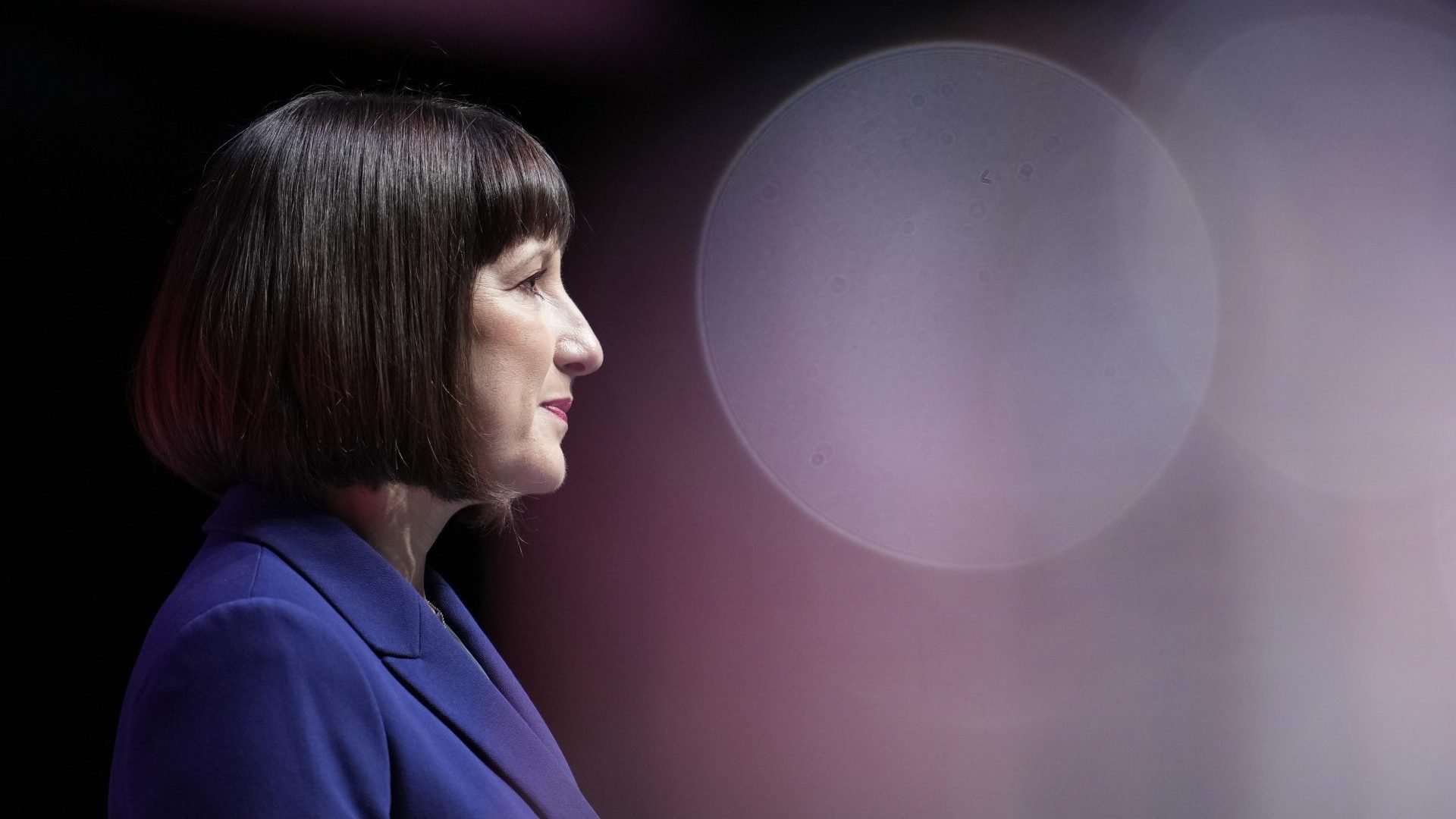When I was at the BBC I used to pull my hair out every time there was an European Union conference. After months of work by the European Commission, diplomats, sherpas and government officials, some kind of compromise would appear and then the politicians would be called in to sign the deal and take all the credit.
At which point the BBC’s political correspondents used to arrive in Brussels with the PM or the chancellor and broadcast what they were spun – that the UK had once again achieved a great victory and got everything it wanted.
It was, as you all know, complete rubbish. In a negotiation involving 20+ countries, no one gets everything they want. But British politics always demanded that the EU was a zero sum game and we had to win everything all the time.
It would be nice to think that things have changed but as Rachel Reeves is making perfectly clear, nothing has changed at all. Which is weird because when we were members of the EU we had vetoes and votes and powerful arguments; good ideas and rational policies and allies too.
Now we have nothing. We are on the outside looking in with a crap Brexit deal, huge economic damage and loss of power and influence and still the chancellor heads to Brussels for a Eurogroup finance ministers’ meeting promising to win stuff for the UK, but this time with nothing to offer in return. It beggars belief.
Even Reeves’s argument that this time “division and chaos defined the last government’s approach to Europe. It will not define ours” rings hollow when apparently the home secretary is viscerally opposed to a youth mobility scheme with the EU because it would affect the immigration figures. When that scheme is obviously seen by the EU as the bare minimum requirement to demonstrate that the UK is serious and back in the room, this is a dismal approach.
It leaves Reeves’ ambitions almost impossible to even start work on. She apparently thinks she can talk seriously with the EU about “championing free trade as a driver of economic competitiveness; and strengthening bilateral economic partnerships.” How?
She is quite right that such a deal would boost growth and attract investment and make British people better off, but unless she has a couple of aces up her sleeve, Reeves has no way of making it happen.
We already have a free trade deal with the EU – a very bad one it has to be said, with far too many checks, tests, and costs but it is a free trade deal. There is very little way of improving it unless the UK, when it says it wants to strengthen bilateral partnerships, means rejoining the Single Market or EFTA. But it doesn’t, that is off the table, a red line.
I am afraid the old attitudes to the EU and the EC continue in British politics. We are negotiating from strength, they need us more than we need them, they will give us what we want, we can cherry-pick, and we will win everything, and they will get nothing.
When David Davis turned up for those Brexit talks with barely a piece of paper, we thought it was a joke and that the Brexit supporters had no idea of what they were doing. Now it is a national policy.
We are basically saying, “We have nothing to offer. Now what are you going to give us?”










